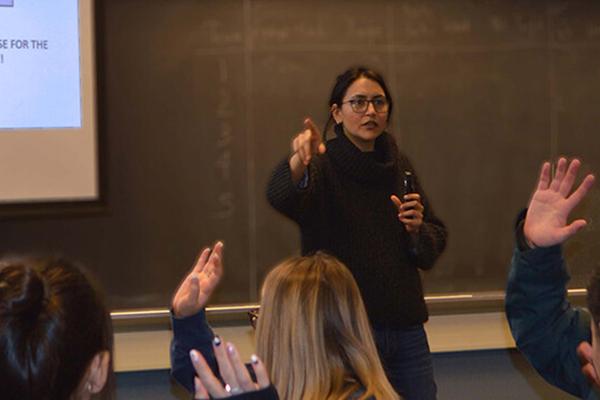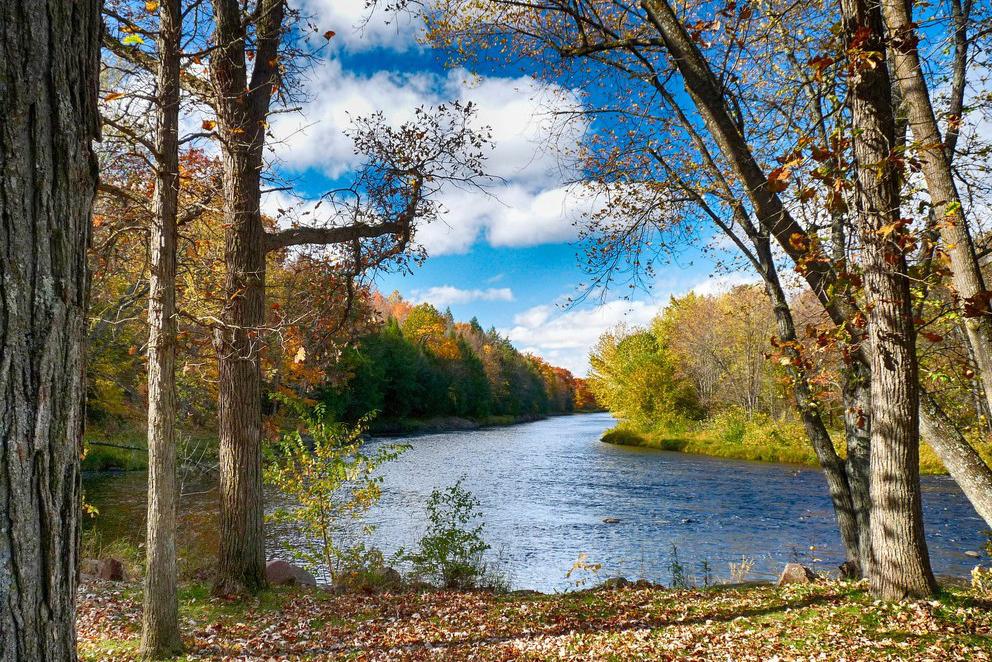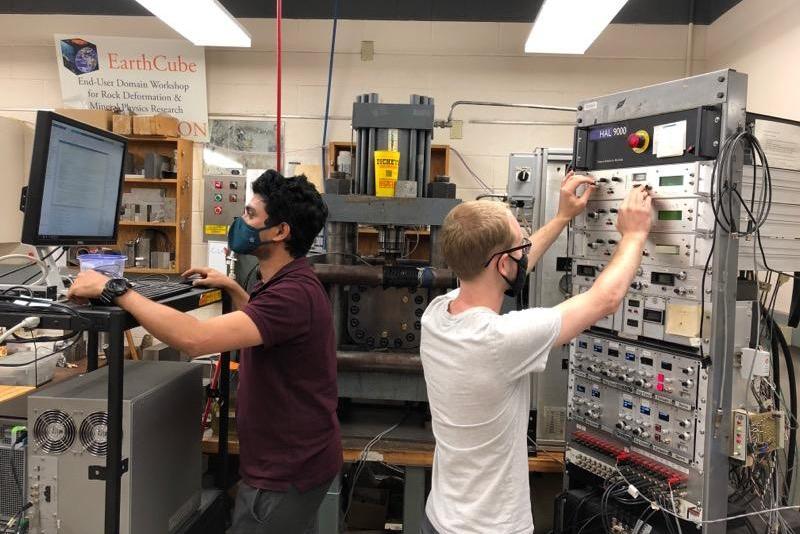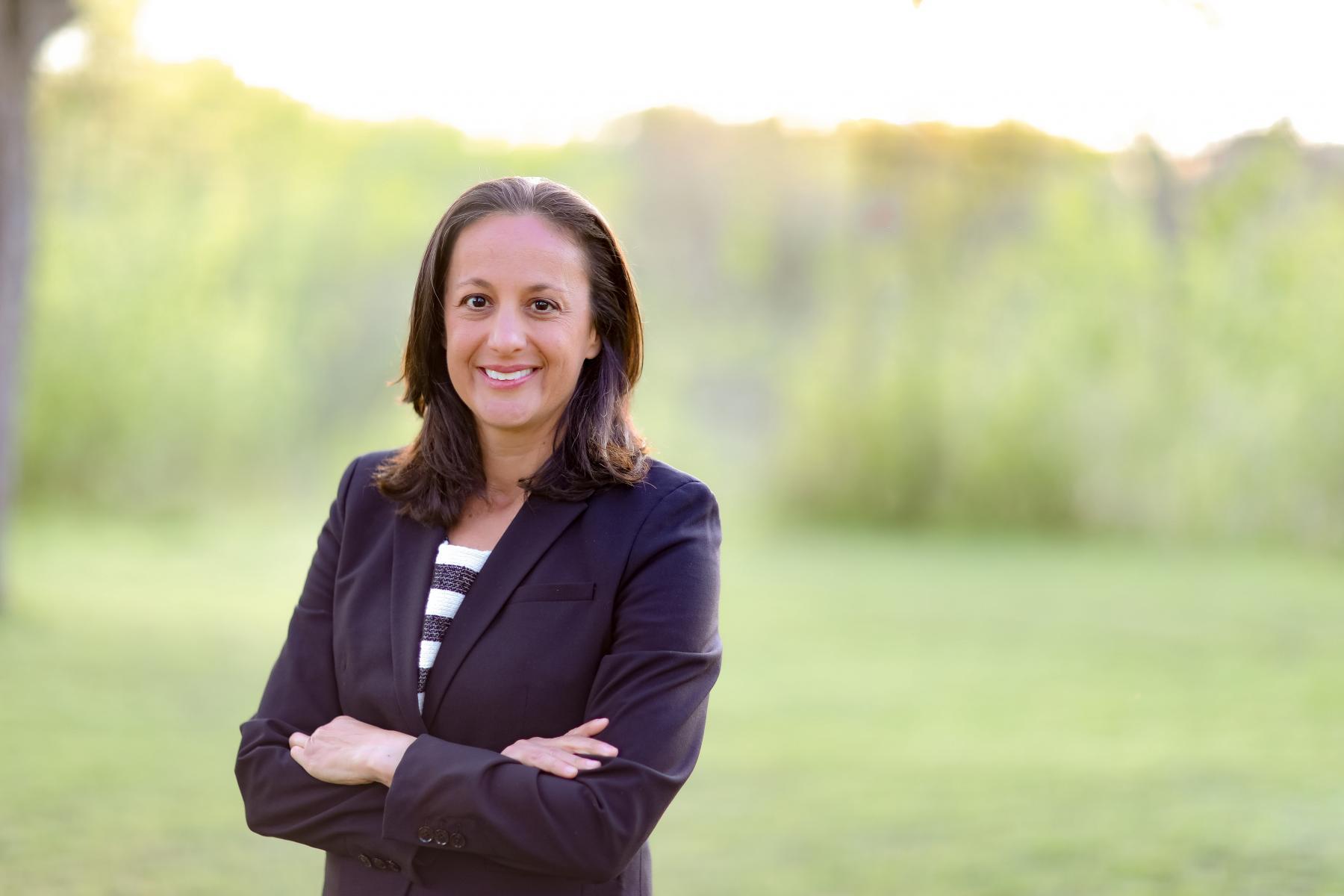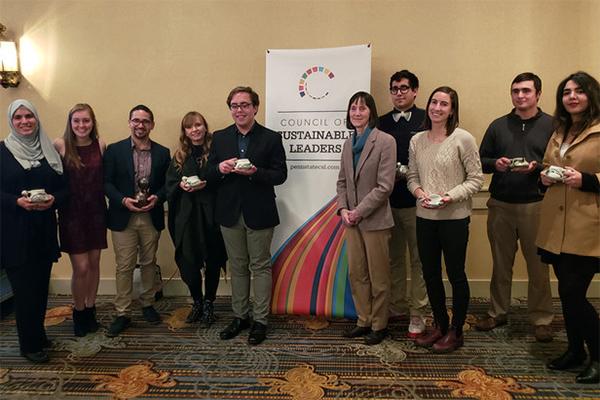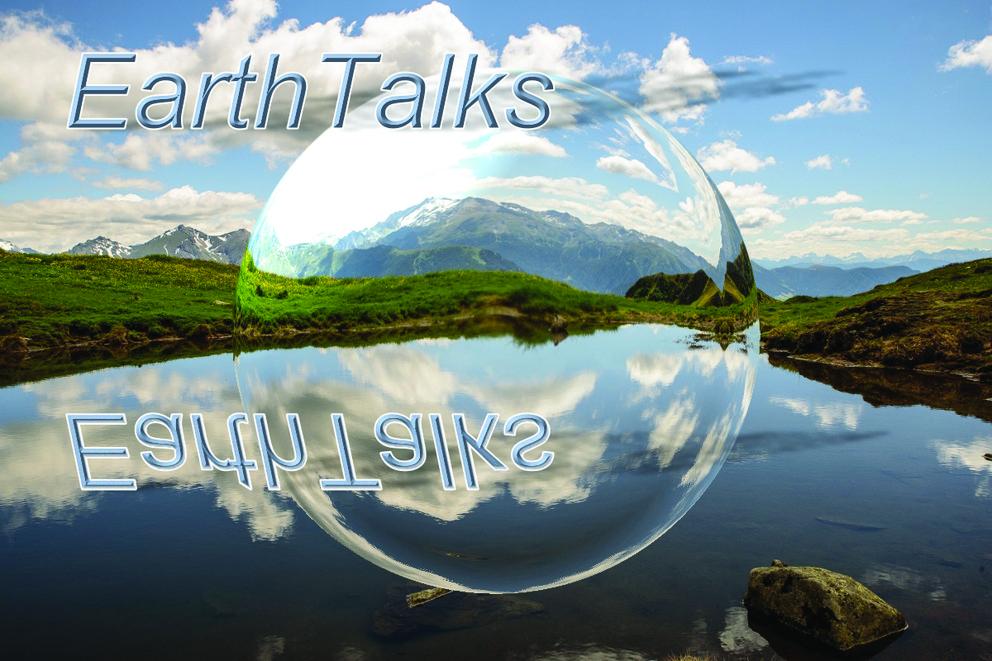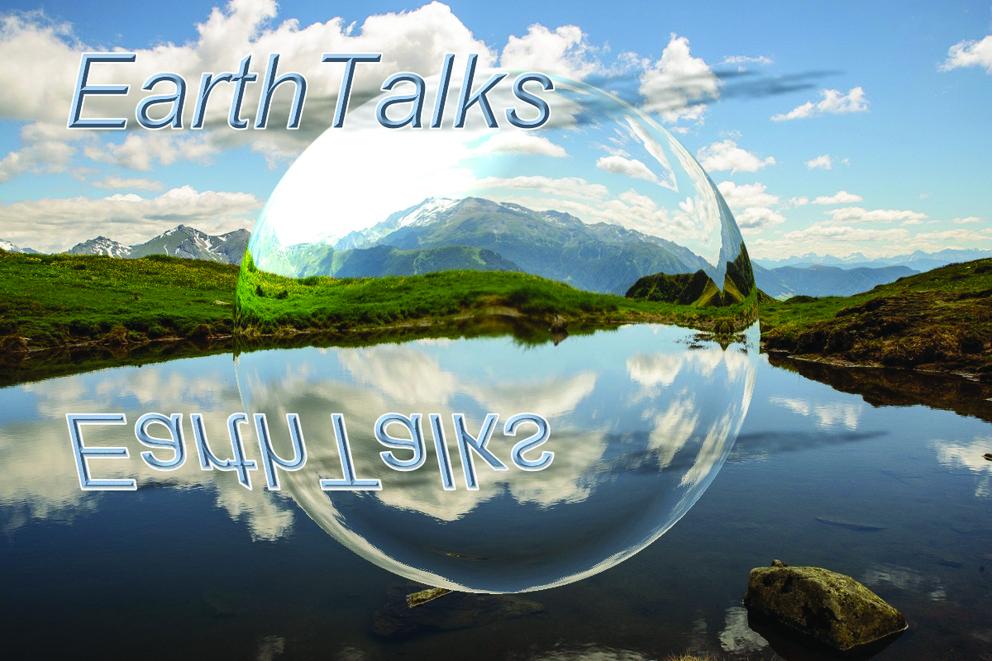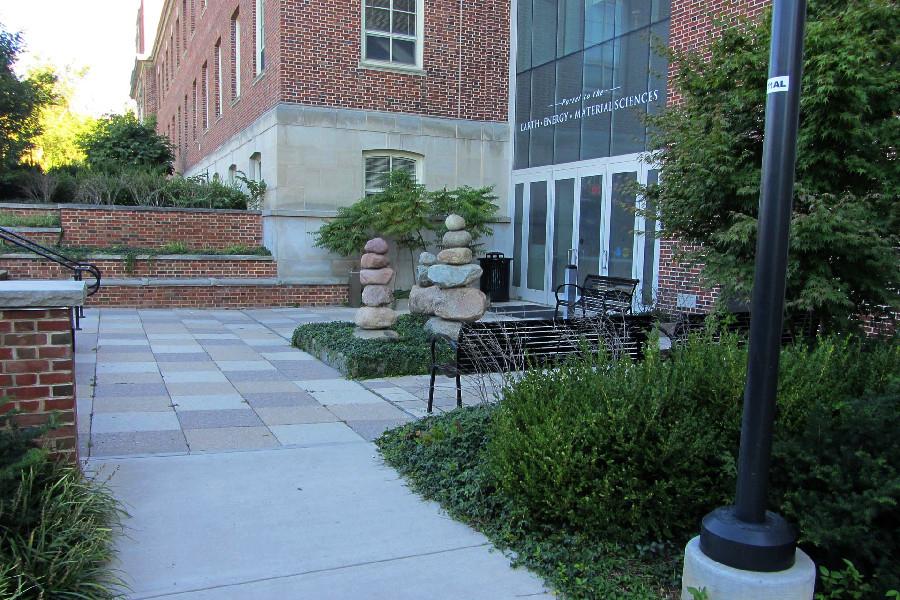Our graduate students are integral to the research we conduct, and they also are dedicated to making a difference in communities. Learn more about their research, outreach efforts, and other projects below.
News
Saumya Vaishnava, a doctoral student in the Penn State Department of Geography, has received a 2021 Harold F. Martin Graduate Assistant Outstanding Teaching Award, which is sponsored jointly by the Graduate School and the Office of the Vice President and Dean for Undergraduate Education.
Six Penn State graduate students involved in materials or engineering research presented a concise rundown of their research, in two minutes or less, for judges from companies including PPG, Corning, Dow and Murata at the finals of the Millennium Café PPG Elevator Pitch Competition on May 18.
Despite the devastating impact the emrald ash borer has had on forests in the eastern and midwestern parts of the U.S., climate change will have a much larger and widespread impact on these landscapes through the end of the century, according to researchers.
Penn State scientists are working to predict possible breaks in massve underground reservoirs that store geothermal energy and how to mitigate the potential fallout.
Amy Farley grew up in a small Texas town around a farming family, and she’s seen the increasing presence of technology in the agriculture industry yield a new crop — data.
This month, Penn State's Sustainability Institute (SI) and the Student Sustainability Advisory Council (SSAC) honored six Penn State students for their leadership and commitment to sustainability throughout their time at Penn State.
Mass extinctions are known as times of global upheaval, causing rapid losses in biodiversity that wipe out entire animal groups. Some of the doomed groups linger on before going extinct, and a team of scientists found these “dead clades walking” (DCW) are more common and long-lasting than expected.
James Kasting, Evan Pugh University Professor of Geosciences at Penn State, will discuss the dangers of human heat stress and the politics of climate change at 4 p.m. Monday, Feb. 1 as part of the EarthTalks series.
The spring 2021 EESI EarthTalks series, “Energy and climate policy: How to avoid a global hothouse,” will address questions related to carbon taxes, renewable energy subsidies and the feasibility of carbon sequestration, among other topics.
Renowned meteorologist and climate scientist Kerry Emanuel, Cecil and Ida Green Professor of Atmospheric Science at MIT, will discuss policy options to slow global warming at 4 p.m. Monday, Jan. 25.


